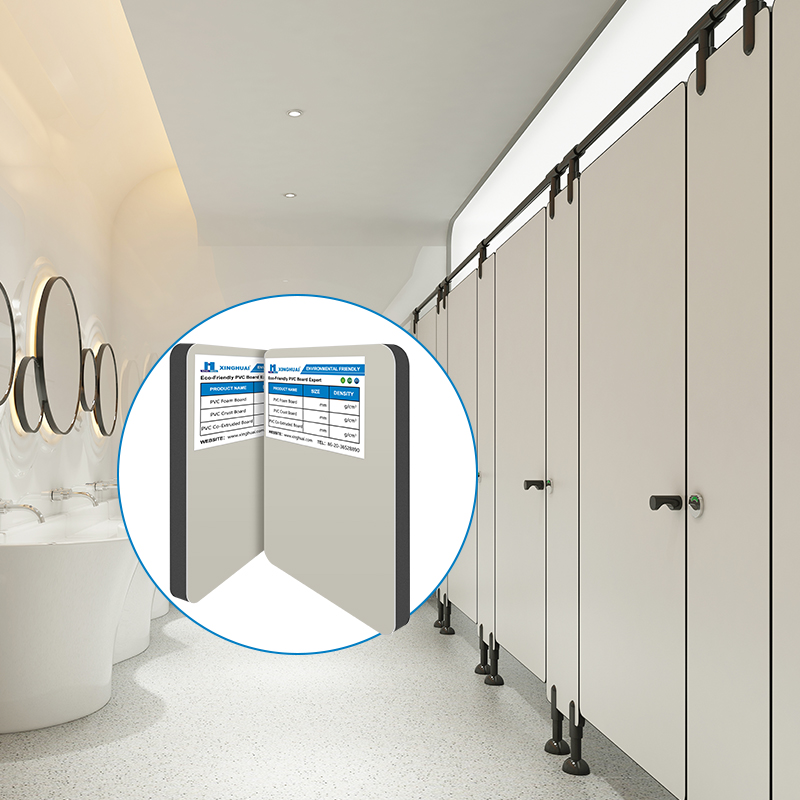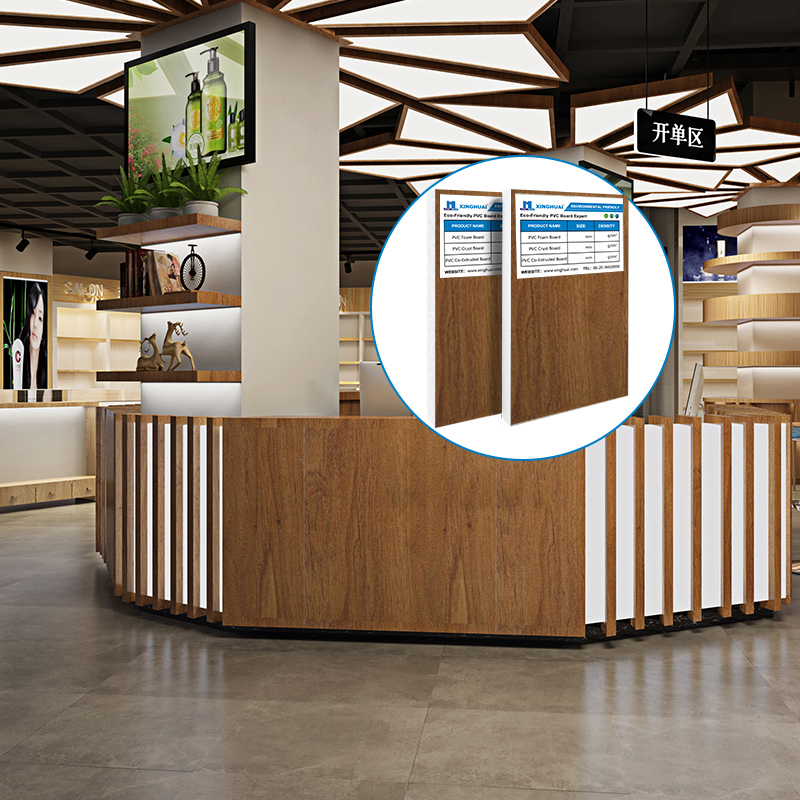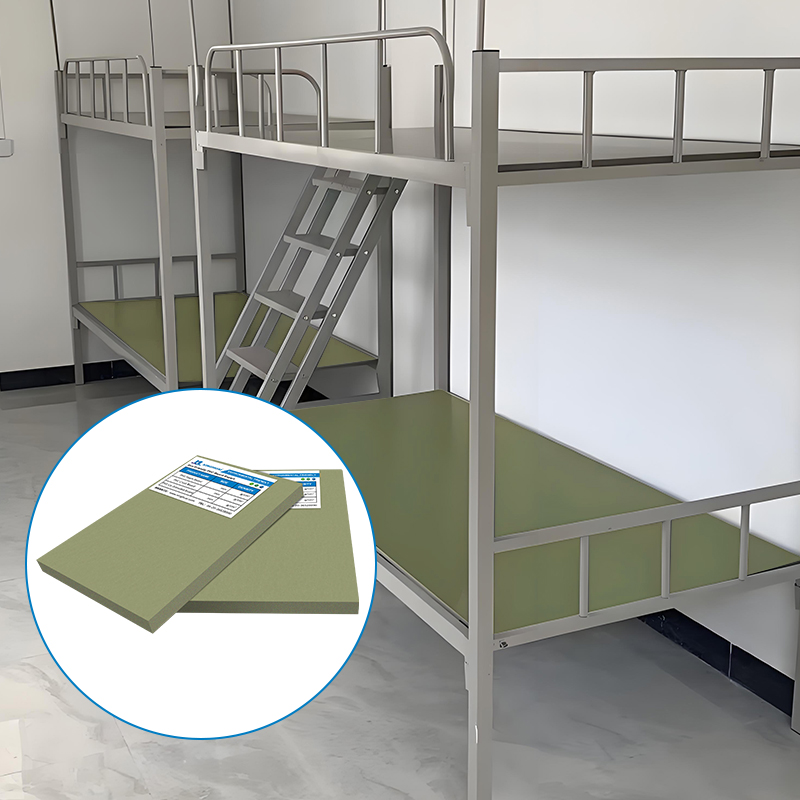The Water Resistance of PVC Boards
PVC (Polyvinyl Chloride) boards are highly regarded for their exceptional water resistance, making them a popular choice for a variety of applications in construction, interior design, and signage. This unique property stems from the material's inherent characteristics and manufacturing process, ensuring durability and reliability even in moist or wet environments.
Why PVC Boards are Water-Resistant
Non-Porous Surface
PVC boards, such as expanded PVC foam and foam core PVC, have a non-porous surface. This means water cannot penetrate the material, protecting it from swelling, warping, or deterioration over time.Chemical Composition
The chemical structure of PVC provides natural resistance to water absorption. Unlike wood or traditional particle boards, PVC is hydrophobic and does not absorb moisture from the environment.Seamless Design
Many PVC boards, including color PVC boards and PVC insulation boards, are produced with smooth and seamless finishes. This reduces the chance of water seeping through joints or crevices, adding to their longevity.
Applications Benefiting from Water Resistance
Bathroom Partitions
PVC partition boards are extensively used in bathrooms, restrooms, and changing rooms due to their ability to withstand constant exposure to moisture without degrading.Kitchen Cabinets
In kitchens, PVC boards serve as an excellent material for cabinets and countertops, resisting damage from spills and humidity.Outdoor Signage
Expanded PVC foam boards are widely used in outdoor signage as they maintain their integrity and color even under rain or high humidity conditions.Insulation Panels
PVC insulation boards are favored in construction for their resistance to dampness, ensuring effective thermal and sound insulation over time.
Performance in Extreme Conditions
PVC boards exhibit impressive performance even in harsh conditions, such as prolonged exposure to water or humidity. They are resistant to mold, mildew, and rotting, which makes them a low-maintenance option for long-term use.
In conclusion, PVC boards offer excellent water resistance, making them a versatile and reliable choice for applications in both wet and dry environments. This durability enhances their value and suitability across numerous industries.




